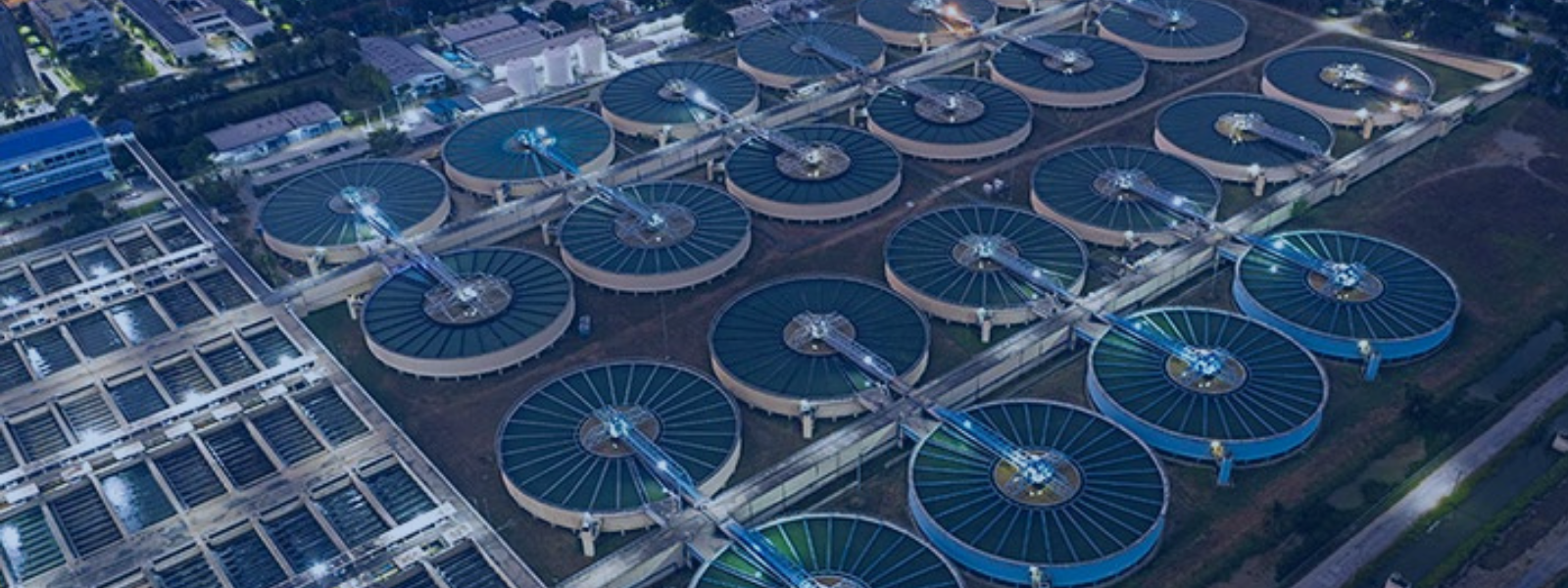
Course Overview
This course is designed to familiarize candidates with Wastewater Treatment Plant (WWTW) energy efficiency audits, offering an overview of the water treatment process and identifying energy utilization points.
The importance of energy input in water treatment performance is emphasized. The course introduces an “Energy Audit” approach, outlining a methodology for WWTW energy efficiency audits, discussing performance indicators, and providing guidelines for compiling audit reports with energy efficiency targets. Case studies illustrate practical applications of course concepts. The text also explores opportunities for renewable energy recovery from surplus organic material in biological wastewater treatment, focusing on anaerobic digestion and its potential impact on reducing the carbon footprint of a site.
Who Should Attend
The course is relevant to all water and wastewater practitioners and consultants, designers, engineers, environmentalists, finance controllers, managers, maintenance teams, operators, and anyone with an interest in applying energy efficiencies and renewable energy practices.
Why is this Course Important
Global industries, both public and private, are experiencing a heightened awareness of energy concerns driven by factors like population growth, escalating fuel costs, power supply risks, and a growing commitment to environmental sustainability. Post-consumer water use demands energy for collection, transport, and treatment to ensure safe discharge, with wastewater treatment accounting for approximately 1% of global energy consumption. In developed countries, it stands as the primary energy consumer in the water sector, with certain U.S. municipalities attributing 30-50% of their energy bills to water and wastewater utilities.
Efforts to improve energy efficiency (EE) prove cost-effective, offering economic and environmental benefits by reducing operating costs for local governments. These savings can be redirected towards additional investments in energy efficiency and other priorities, contributing to reduced air pollution, greenhouse gas emissions, improved energy security, independence, and job creation.
Recognizing the substantial energy conservation potential, heightened awareness emphasizes key drivers impacting the feasibility of EE and renewable energy (RE) projects in water treatment facilities.

Head Office: Suite no. A-2, Al Shams Center, Opposite PIA Planetarium, Block 13 A, Gulshan-e-Iqbal, Karachi, Pakistan
©Copyright 2023 Appanage
Designed By Tech Drip Solutions